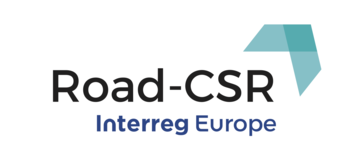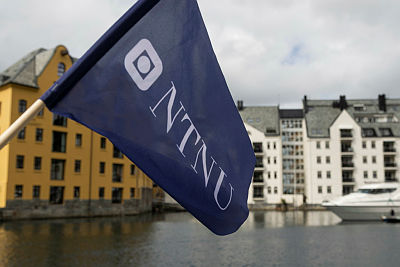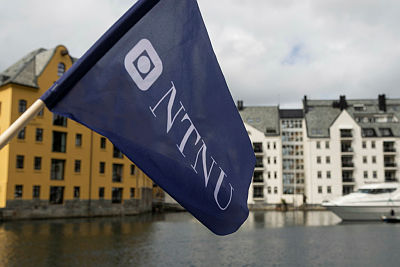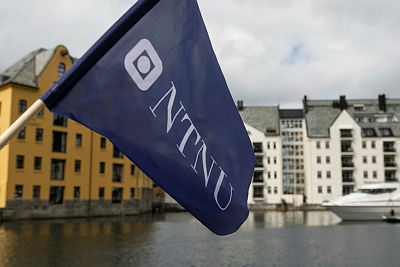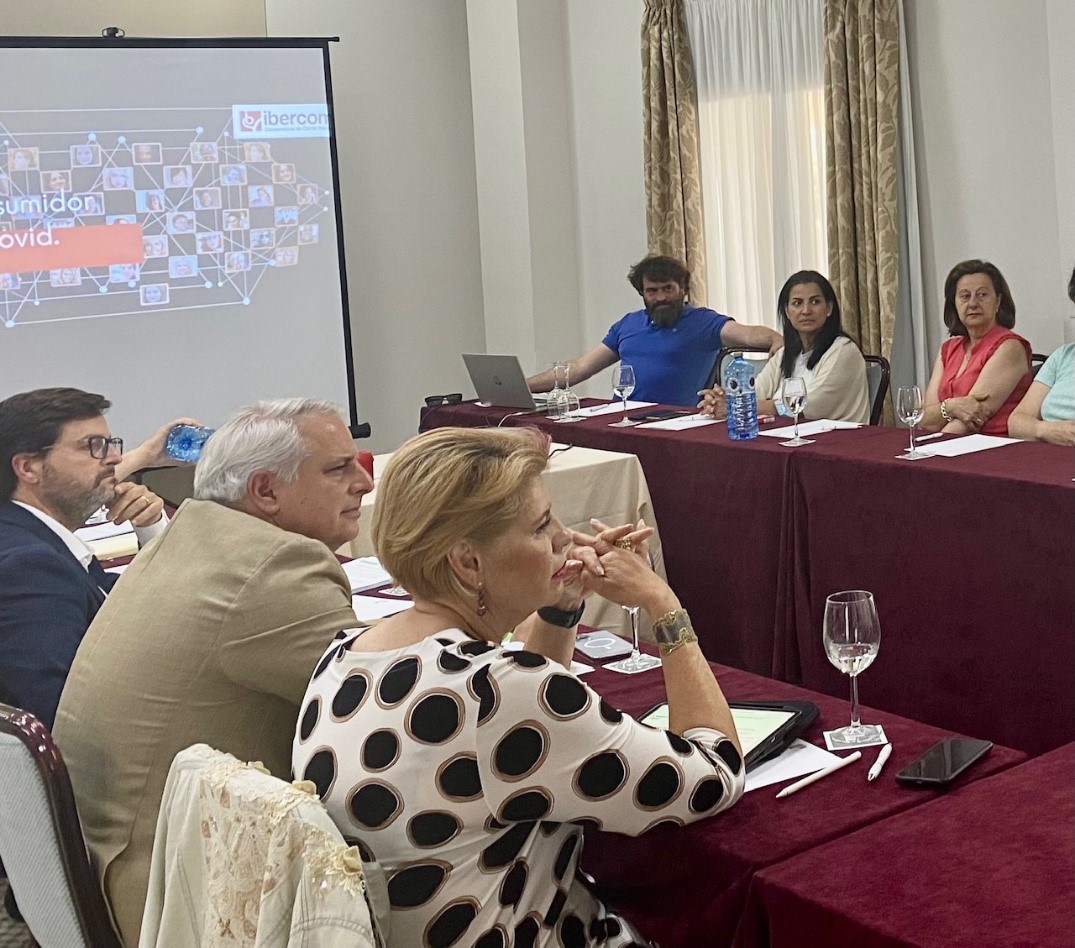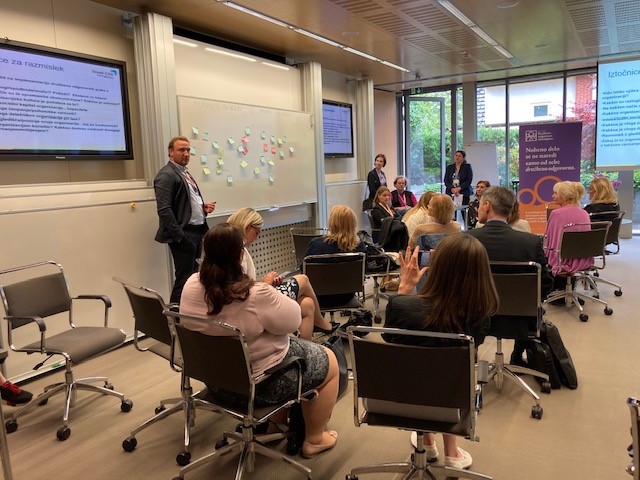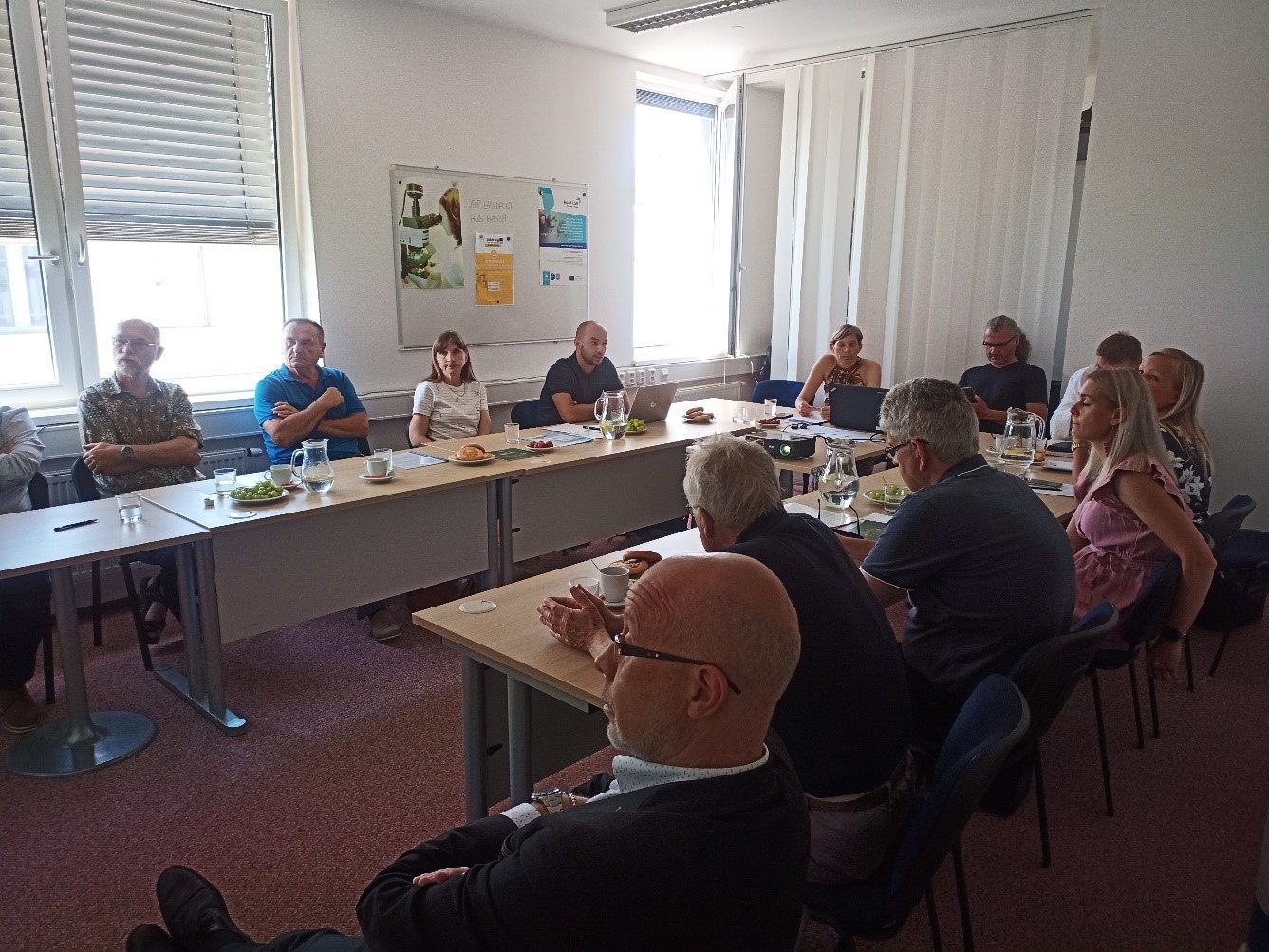Established in 2019, AFINO Research Centre is a network and learning centre for responsible research and innovation in Norway. The main aim is to develop new skills and methods to ensure that innovation is responsible, sustainable, and just.
The centre focuses on innovation. The main research questions are:
- Are the innovations bringing about the world we want?
- Are we directing research and innovation towards desirable goals and a more sustainable future?
- Are we involving everyone who is affected, and who can contribute towards reaching these goals?
AFINO is a virtual, transdisciplinary centre gathering a broad range of actors. It is led as a collaborative project by Norwegian University of Science and Technology (NTNU), Norwegian Business School (BI), Oslo Metropolitan University (Oslo Met) and University in Bergen (UiB), with NORCE, Nordic Institute for Studies in Innovation, Research and Education (NIFU), University in Stavanger (UiS) and Western Norway University of Applied Science (HVL) as associated partners. Together, they represent "the Hub."
This hub, or network of partners, is managed by the management group consisting of the central leader and project coordinator (NTNU) as well as one representative from each of the core partners (BI, Oslo Met, UiB). Working together, the centre will stimulate creative ways of thinking that inspire action and will promote new practices that make a difference. AFINO aims to be an inspiring model of socially responsible innovation, working with people and organisations that share this vision.
The steering committee consists of representatives from all hub partners, research projects linked to the centre and, collaborating business partners, as well as an observer from the Research Council of Norway (RCN). They meet twice a year.
The centre network also includes associated research projects and a stakeholder pool (policymakers, industry associations, companies, NGOs, labour unions, consumer groups, public servants and high school students). Associated research projects are selected based on existing collaboration with the centre partners and their ambitions to build RRI and/or CSR competence with industry partners.
AFINO will establish broad dialogues and shared commitments to ensure that innovation contributes to a more just, inclusive, and sustainable Norway. The centre aims to promote new ways of foreseeing and realizing a better world, and imaginative collaborations among researchers, entrepreneurs, managers, consumers, engaged citizens, and policymakers.
Resources needed
The Centre is funded by the Norwegian Research Council through the programme SAMANSVAR
Evidence of success
AFINO works as a research network. The main goal is to bring people with different backgrounds together to discuss fair, responsible and sustainable innovation. The events and workshops that AFINO have organized so far attracted a good number of participants. Including post-doc researchers helped create a big community. The website is also vibrant, and the visibility is high now. The centre
managed to bring private and public bodies to further discuss socially responsible innovation,too. Since the project is still running, the aim is also to help companies build internal pathways for better results.
Potential for learning or transfer
The AFINO research school helps researchers and practitioners address the questions:
- How to concretely implement RRI/CSR in meaningful, caring, and fairways?
- How to evaluate RRI/CSR and its short- and long-term impacts?
- How to navigate the various sources of resistance to RRI/CSR, for instance, disciplinary traditions that RRI/CSR are not entirely congruent with?
- How does the role and shape of RRI/CSR evolve in a context of uncertainty, complexity and emergency?
It aims to help researchers and practitioners address these questions by being a reflexive platform where RII and CSR communities in Norway can learn, reflect, share experiences and discuss the above topics.
AFINO also organizes events based on sharing knowledge such as webinars, one-week summer schools and workshops. It is also project affiliated and it helps create learning from different contexts, which aims a valuable transferable experience.
With one-week summer schools, and shorter events (such as workshops) to nurture an ongoing learning and reflexive process, where researchers and practitioners learn about and critically discuss aspects of RRI and CSR and their concrete implementation in their research projects.
